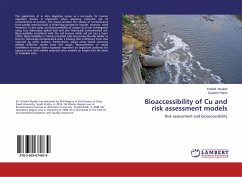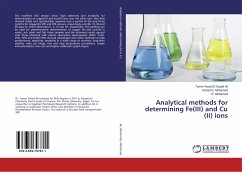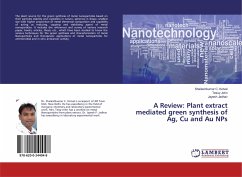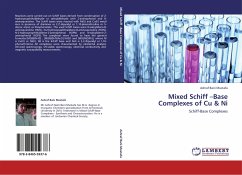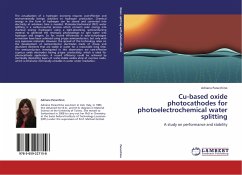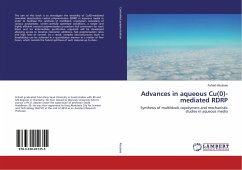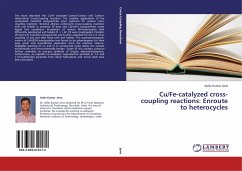The application of in vitro digestion assays as a surrogate for human ingestion studies is important when assessing potential risk of contaminants to humans. The assays simulate the release of contaminants from sample matrices (soil) in three-step procedure (mouth, stomach, small intestine). In this study, oral bioaccessibility of copper (Cu) was investigated using four laboratory spiked soils and one historically contaminated soil. Bioaccessibility correlated with the soil texture while soil pH has a lesser effect. Bioaccessibility in freshly amended soils was proportionally similar to that for historically contaminated soils; a finding that is different from that reported by other authors. Furthermore, assays using fasted scenarios yielded different results from fed assays. Measurements of metal assimilation through direct ingestion represent an important pathway for exposure and their relative empirical value enables an insight into the value of modelled data.

